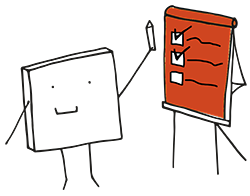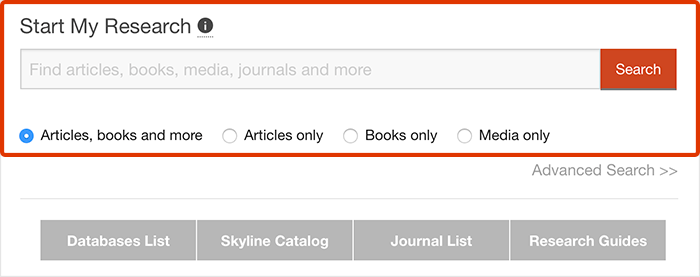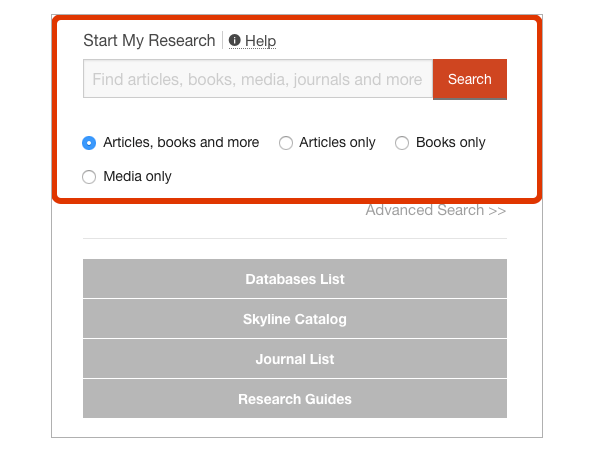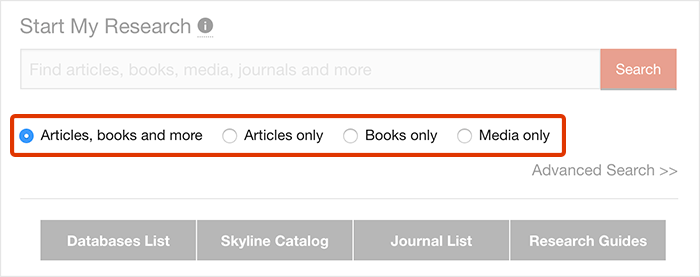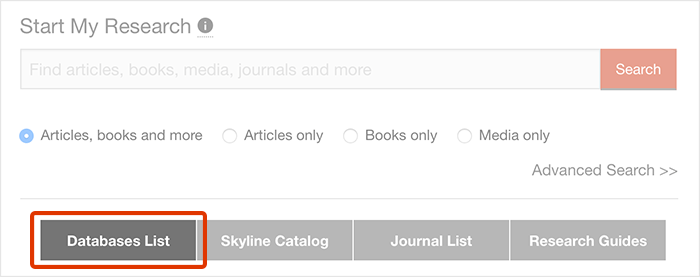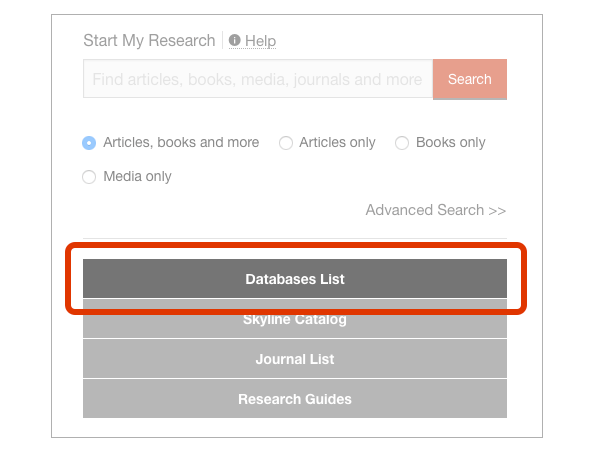Scholarly Research Services Department
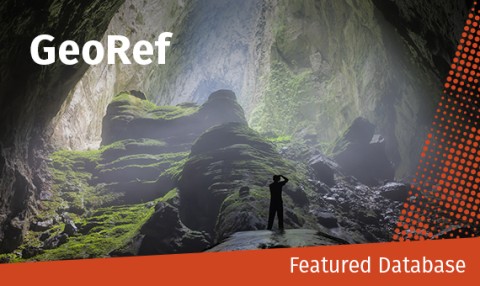
Featured Database: GeoRef
You can use databases to easily find organized collections of articles, journals, news, streaming videos, primary sources, data, and more!
Here’s one of our unique databases:
What’s in it?
GeoRef is a comprehensive database offering access to over 3.1 million references in geoscience literature, encompassing journal articles, books, maps, conference papers, reports, and theses worldwide. It covers North American geology from 1669 to the present and global geology from 1933 to the present, including references to all publications from the U.S. Geological Survey and Masters’ theses and doctoral dissertations from US and Canadian universities.
Why should you use it?
Use GeoRef to search abstracts, references, and indexes from various journal articles, books, maps, conference papers, reports, and theses. Furthermore, GeoRef provides specialized access to its thesaurus and index search features. With a collection of more than 40,000 controlled vocabulary terms and the complete GeoRef indexing structure, the GeoRef Thesaurus proves to be an essential asset for conducting accurate subject, geographic, and time-span searches. This resource empowers researchers and users with a valuable tool to effectively refine and navigate their queries within the GeoRef database.
Who should use it?
GeoRef would be useful for students, faculty, and staff in geoscience, economic geology, environmental and engineering geology, geophysics, hydrology, paleontology, petrology, marine geology and oceanography, and mineralogy fields.
Why use a database?
When you use a specific database, rather than a search engine or discovery tool, you often can find more relevant sources. For example, subject databases include sources about that subject only, rather than a general search engine or discovery tool that includes information about everything. This way you don’t have to wade through thousands of irrelevant results!
Want more databases?
Browse or search our Databases List!
If you have questions about this database or others, please see our Ask Us page.




